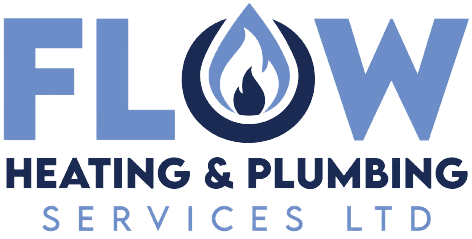Navigating the myriad options in plumbing materials is critical for any construction or renovation project. A key decision you’ll face is choosing between plastic and copper piping for your water system. Making this choice early on is crucial, as changing materials mid-project can lead to unnecessary expenses and delays, given the need for various adapters and parts.
Let’s delve into the comparison: copper versus plastic (PVC) piping.
Copper Piping: A Time-Tested Option
Copper piping has been a cornerstone in plumbing for years, valued for its reliability and versatility. Here’s a closer look at its advantages and disadvantages:
Advantages:
- Durability: Copper pipes boast a long lifespan.
- Heat Tolerance: They maintain integrity under high temperatures.
- Corrosion Resistance: Copper stands up well to corrosion and high water pressure.
- Outdoor Suitability: Its durability extends to outdoor use.
- Proven Track Record: Its historical use underscores its durability and effectiveness.
Disadvantages:
- Cost and Flexibility: Copper is generally more expensive and less pliable compared to plastic pipes.
- Metallic Taste: Untreated, it can impart a metallic taste to water.
- Condensation: It’s prone to “sweating,” necessitating insulation.
- Freeze Risk: Pipes may burst if water inside freezes.
- Despite these downsides, copper’s flexibility, resistance to corrosion, and longevity have made it a favored choice over other metals.
Plastic Pipes (PVC): The Modern Alternative
Plastic pipes, particularly Polyvinyl Chloride (PVC), are gaining ground for various reasons:
Advantages:
- Chemical Resistance: PVC stands up to many acids and halogens.
- Hot Water Handling: With the right type, PVC can manage hot water systems.
- Installation Ease: It offers simpler, quicker installation due to fast-fit connections and flexibility.
- Cost-Effectiveness: PVC typically comes at a lower price point than copper.
- Noise and Heat Conservation: It emits less noise and better conserves heat during water transit.
Disadvantages:
- Solvent Sensitivity: It’s not resistant to solvents.
- Temperature Sensitivity: Incorrect PVC selection for hot water can affect pipe longevity.
- Structural Stability: PVC may require additional support due to its material strength.
- Outdoor Limitations: UV light can degrade plastic pipes.
- Pest Vulnerability: When used under floorboards, it might be prone to rodent damage.
When weighing copper against plastic pipes, consider factors like environmental exposure, temperature ranges, and water composition. Each type has its distinct set of benefits and drawbacks. For personalised advice, consulting with a seasoned plumbing professional is always a wise choice.
Speak to the knowledgeable team at Flow Plumbing and Heating for more information on pipework and plumbing.


